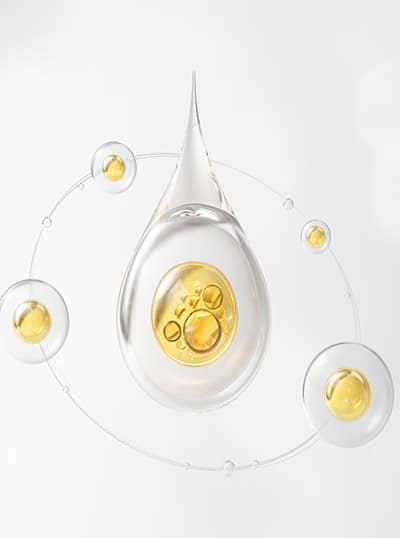In the ever-evolving landscape of the cosmetic industry, the pursuit of age-defying and skin-enhancing products is relentless. Among the myriad of ingredients vying for attention, collagen stands out for its vital role in maintaining skin elasticity, hydration, and youthfulness. However, the effectiveness of collagen in cosmetics is significantly influenced by the production process, where homogenizers, especially those from Hommak, play a pivotal role. This blog post delves into the importance of collagen in the cosmetic sector, the critical role of homogenizers in collagen production, and the distinctive advantages offered by Hommak homogenizers.
Collagen in the Cosmetic Industry: A Cornerstone Ingredient
Collagen is a protein that is abundant in our bodies, providing structure to the skin, hair, and nails. Its application in the cosmetic industry is widespread, from creams and serums to ingestible products, all designed to replenish the body’s natural collagen levels, which diminish with age. The promise of improved skin texture, reduced wrinkles, and enhanced moisture retention has made collagen-infused products highly sought after. However, the molecular size of collagen poses a challenge for its effective absorption through the skin or digestive system. This is where the role of homogenization becomes critical.


The Critical Role of Homogenizers in Collagen Production
Homogenization is a mechanical process that breaks down the particles of a substance to create a uniform, stable mixture. In the context of collagen production, homogenizers are used to reduce the molecular size of collagen, enhancing its solubility and bioavailability. This process not only ensures that collagen is more easily absorbed by the body but also improves the texture and consistency of cosmetic products, making them more appealing to consumers.
The use of high-quality homogenizers can significantly impact the efficiency of collagen production. These machines apply intense pressure and shear forces to break down collagen fibers into smaller peptides, which are more effective in penetrating skin layers or being absorbed by the body when ingested. The result is a higher-quality product that delivers on its promises of skin rejuvenation and hydration.
Hommak Homogenizers: Elevating the Standard
Hommak stands out in the homogenization technology field for several reasons. Firstly, Hommak homogenizers are designed to handle a wide range of viscosities and particle sizes, making them ideal for collagen production, which requires precise control over the final product’s characteristics. These homogenizers ensure uniform particle size reduction, which is crucial for the efficacy and stability of collagen products.
Secondly, Hommak’s equipment is renowned for its durability and reliability. The cosmetic industry demands consistency and quality in production to meet regulatory standards and consumer expectations. Hommak homogenizers deliver on this front, offering robust performance and consistent output, which translates into cost savings and higher customer satisfaction over time.
Moreover, Hommak homogenizers come with advanced features such as adjustable pressure settings and temperature controls, allowing for customized processing of collagen. This flexibility is essential for manufacturers who need to adapt their production processes to different types of collagen products, from topical applications to dietary supplements.
Conclusion
The cosmetic industry’s reliance on collagen as a key ingredient for anti-aging and skin health products is well justified. However, the effectiveness of these products heavily relies on the production process, particularly the role of homogenization in breaking down collagen into absorbable peptides. Hommak homogenizers emerge as a superior choice for manufacturers, offering unmatched efficiency, flexibility, and reliability. Investing in high-quality homogenization equipment like Hommak’s can significantly enhance the quality of collagen products, fulfilling the promise of beauty and youthfulness that consumers seek. In the end, the collaboration between advanced homogenization technology and collagen production stands as a testament to the cosmetic industry’s commitment to innovation and excellence.


























